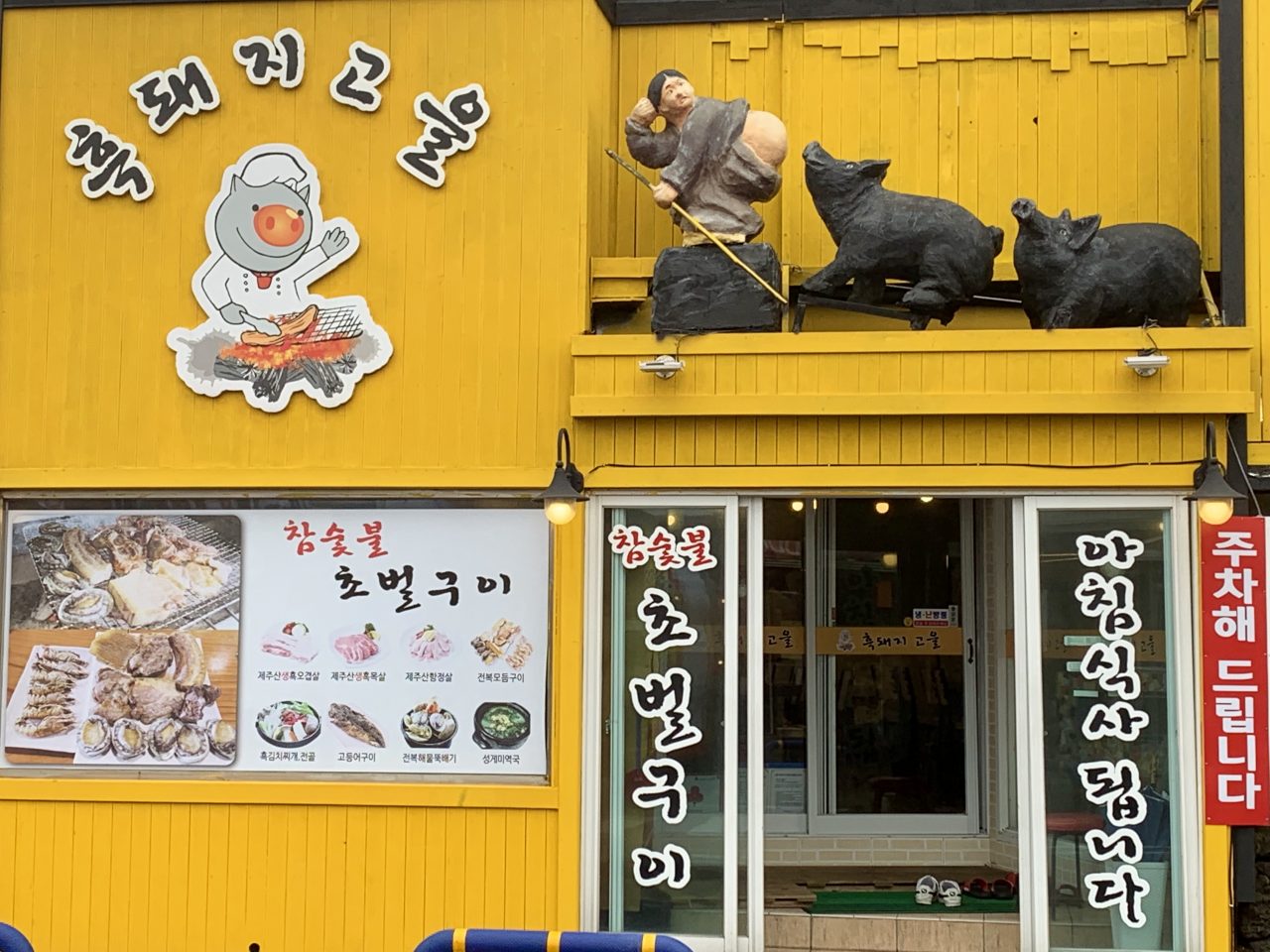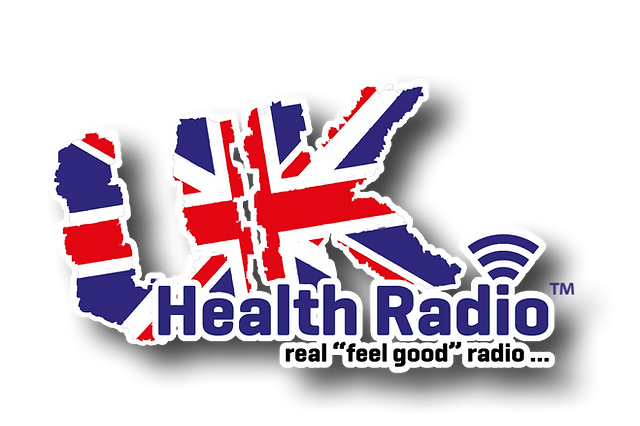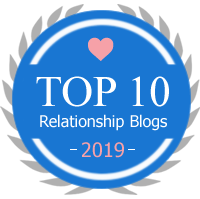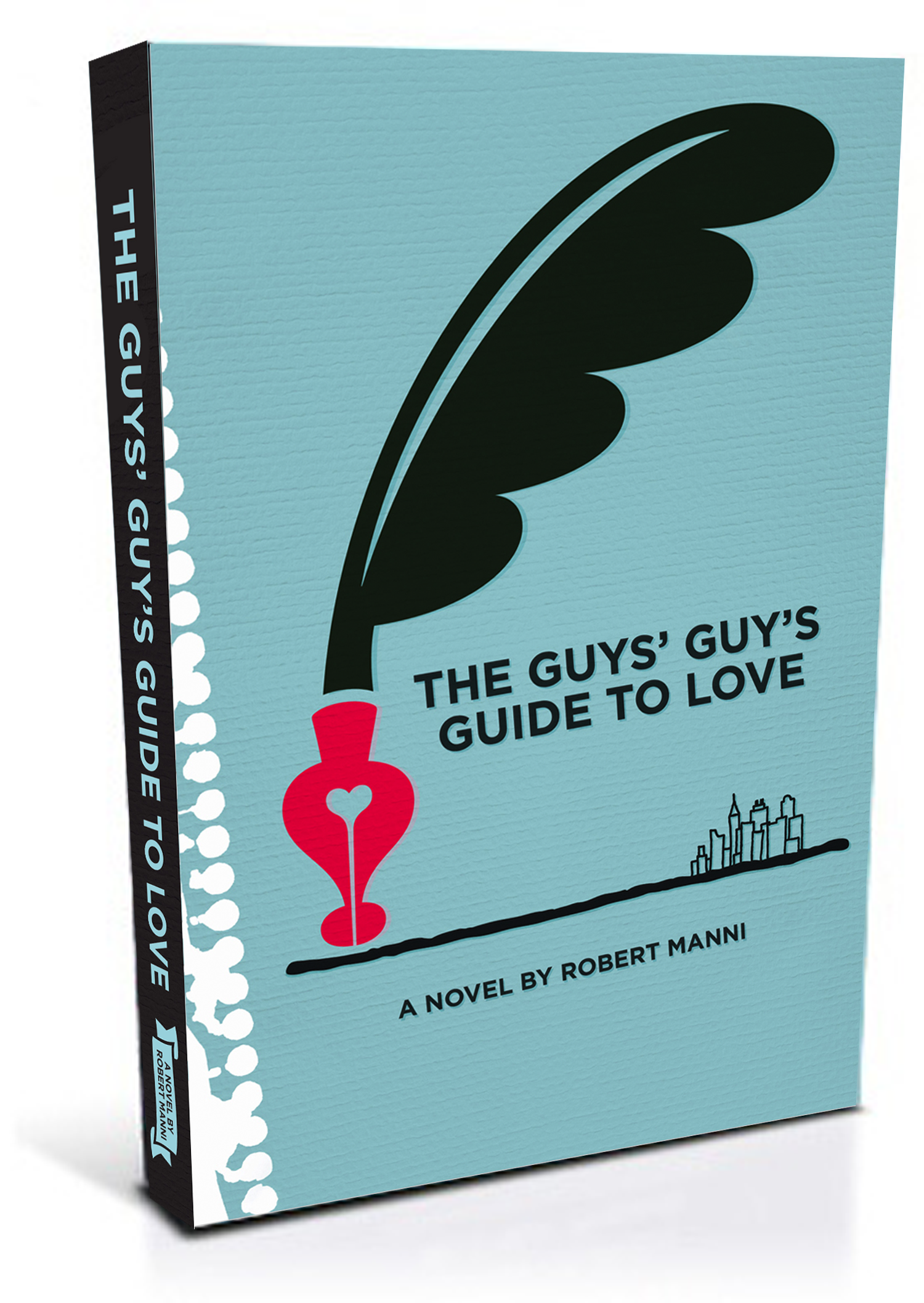The Guys’ Guy’s Guide to South Korea (Part 1)

Did you know there are over ten million people living in Seoul, Korea? Now imagine a city larger than New York functioning like a well-oiled machine— with no litter, garbage cans overflowing, and no potholes anywhere. The differences are dramatic between my home in NYC and my new favorite global capital. Let me share some of what I gleaned about a fascinating culture and people living halfway across the globe. In the course of a just over two weeks my wife, son and I visited Seoul, Je Jeu Island, Gimpo, Jeonju city and smaller cites and towns in the suburbs of Seoul where my in-laws reside and tend to their lives. It was an all encompassing trip highlighted by a four night stay in magnificent Seoul, a three-day rainy stay in gorgeous Je Jeu Island, and trips to the mountains, historic villages, a half-mile long underground cave, and a gorgeous spice and flower park. I’ve traveled the world on business and pleasure, but was still blown away by Korea. As I pour through an endless list of differences I jotted down, I realize we have a lot of ground to cover.
The People.
So where to begin? Let’s start with the people. My wife was born in Korea and I have gotten to know her family well over the past decade. They are very Korean and along with the other Koreans I’ve come to know over the years, let me make a generalization. Koreans are wonderful, generous, kind people with strong wills and incredible strength and stamina. My mother-in-law celebrated her eightieth birthday during our trip. Having been an athlete my entire life, I completed three marathons, and walked all over New York City for the past thirty years. I consider myself to be in good shape. But by the end of each day in Korea, while I was bushed my “Oh Ma Neem”(mother-in-law) was still marching around like it was 10am. Even factoring in my jet lag from the fifteen-hour trip and 13-hour time difference, she still kicked my ass.
To a person, everyone we met throughout the trip was polite, attentive, helpful, and honest. After a day of paying for meals and other stuff with “won”, the local currency, I finally relented and handed over my credit card. When the bills came due upon my return, there were no discrepancies whatsoever. Service was incredible in every restaurant, and there is no tax, tipping or service charges, even in the hotels. You get a bill with one number to pay. That’s it. How refreshing.
Even the taxi drivers were chill. They were polite, helpful and easy to talk to if they spoke any English, and if not, they chatted up my in-laws in Korean like they were family. I was fortunate to be surrounded with family who all spoke Korean. The vast majority of Koreans, even in Seoul, don’t speak English. And, Korean is not the easiest language to pick up. I could not make sense of any of the words I heard or most of the signage, although there was English on some menus and posted in the stores. Overall, due to the strong economy in the states, the exchange rate favored the dollar (about 100 won for 80 dollars). When we factored in no taxes or tipping, prices were reasonable unless we purchased foreign goods. And even those prices were in line with what you’d expect for globally recognized brands. Hotel rates were also very reasonable. We rented a massive two-bedroom two-bathroom suite with great views, a full kitchen, washer and dryer in Insadong, a very cool section of the city, similar to staying at a trendy hotel in SoHo. The cost was only $225 per night, everything included. No room tax, occupancy charges, or any other bullshit gauging techniques we are sued to in the states. $225 for the room, that’s it.
The Food.
Food tended to be a relative bargain also. When you walk along the streets of Seoul or any Korean city the streets are lined almost one hundred percent with places to eat and coffee shops. Koreans love coffee. For the most part, we avoided Starbucks and Dunkin’ because the local brands and chains were all very good and cheaper. The one weird thing was we had to pay extra for milk for our coffee. Dairy is not a big thing in Korea. So when you order a latte, it’s coffee with milk, not the fancy lattes we get in the states. Containers of milk cost double than what we pay, and yogurt and cheese were no bargains either. Dairy is kind of a delicacy in Korea.
We enjoyed our meals at so many different types and sizes of restaurants. They were almost all very good; they all served very fresh foods, and were relatively inexpensive. As mentioned, the streets were lined with restaurants situated one after another, only broken up by a coffee stop. Of course, in the city of Seoul there were stores selling clothes, jewelry, etc., but it was still nowhere near the ratio of stores to restaurants and coffee shops in the states. I’d guess that over ninety percent of retail establishments sold either cooked foods or coffee. The only bars to speak of were located near the corporate offices spread across various areas of Seoul. However, you could buy the local liquor, soju, which is a low-proof clear vodka-like spirit distilled from rice, anywhere at a very cheap price, usually about $2 for a small bottle.
When I asked my brother-in law why there were so many restaurants and why they were all so tasty and cheap, he told me that was the competitive landscape. If you opened a restaurant anywhere, it had better serve good food at reasonable prices or it would be out of business in no time. As a result, we ate delicious meals pretty much anywhere, even at highway rest stops. In the states when you pull into a rest stop there is usually a fast food joint. In Korea, rest stops have sprawling food halls with various food offerings, coffee shops, and places selling sweet baked goods or ice cream. The food at the two rest stops we ate at was surprisingly good and cheap.
In Korean restaurants you usually take off your shoes and sit on the floor. Most serve the table family style. This makes things easier all-around. Another twist was being served seafood that was still alive when served while cooking in a hot pot in the center of the table. Kind of makes you feel guilty about eating creatures we share the planet with, but the food was tasty nonetheless. I did not get sick the entire trip although I was grossed out when I bit into the head of an octopus in my stew and it exploded in my mouth. Yuck!
Two other notes about the food. There are lots of casual seafood restaurants along the coastline with large tanks out front filled with an assortment of locally caught fish. These fish can be massive in size. When you order, some guy walks outside with a net, scoops up the fish ordered, whacks it on the head or simply chops it up alive before throwing it into a pan. It’s just how it’s done. The other crazy thing is the tradition of eating black pigs. As the tradition goes, the black pigs are black because they mostly eat poop. They love poop so much that on the farms where they are raised they situate themselves under the outhouse floor so they can lap up shit as it comes out. I kid you not. There are all kinds of representations of this honored tradition throughout Korea. Fortunately my son, wife and I do not eat pork.
But, unless you enjoy Korean food, you may be disappointed. With the choices available There were restaurants in the business districts that served more western food and some were very good, and others not very. The one food that fell short was the pizza. The sauce tasted like ketchup and the cheese was nowhere near the mozzarella we take for granted in the states. That said, the food in Korea was pretty darn good if you are somewhat adventurous and open to eating Korean food daily. And that means at any time of day because Koreans eat Korean food at any time of day—breakfast, lunch, dinner, or as a snack. You can eat kimchi, fermented root vegetables, soups and rice at any time of day.
So the food was great, the people were chill and polite, and the cost of living is reasonable. Overall, Korea is a fascinating place to visit if you are an adventurous soul.
Let’s take a break here. This is just a sampler of a very exotic country. Lots more about Korea is coming soon. Until next time.







